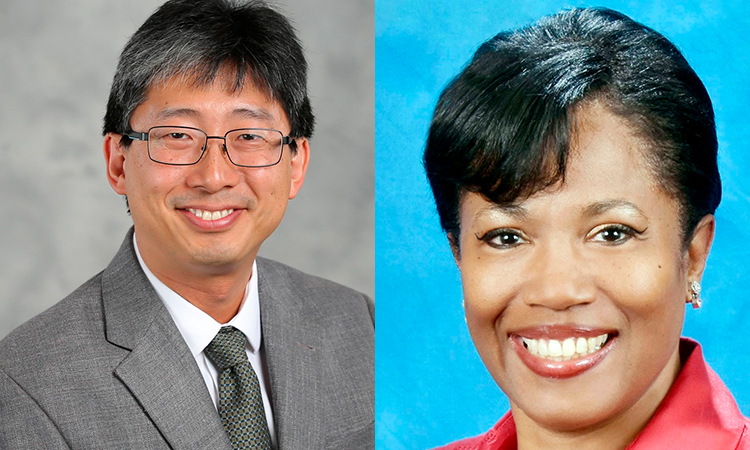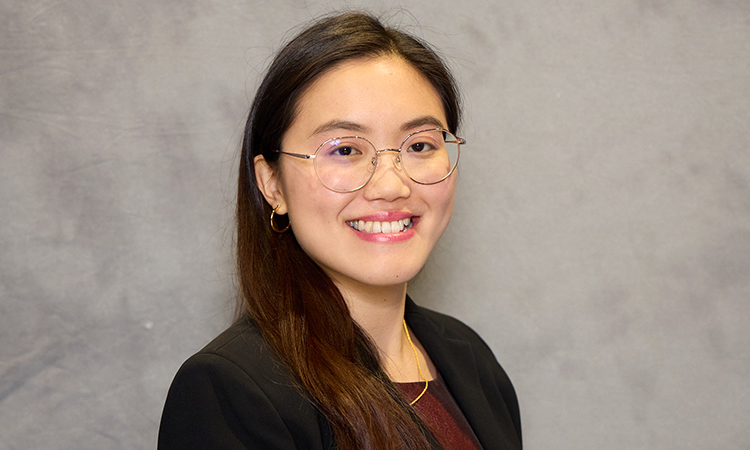Lori Carter-Edwards, PhD, MPH, Kaiser Permanente Bernard J. Tyson School of Medicine (KPSOM) Assistant Dean for Community Engagement, served as the Evidence Academy Program Faculty Lead for the Rapid Acceleration in Diagnostics in Underserved Populations (RADx-UP) COVID-19 Equity Evidence Academy, which took place September 28 through 29.
The interactive virtual meeting, funded by the National Institutes of Health (NIH), focused on COVID-19 testing and testing technology research with community and academic partners. While Carter-Edwards served as Faculty Lead for the conference, Paul Chung, MD, MS, KPSOM Department Chair of Health Systems Science, served on the conference’s steering committee for the second year. Over 250 registrants participated in the meeting, which was aimed at increasing awareness of complex details associated with messaging, misinformation, and accessibility to trustworthy information. Overall, community and academic partners, volunteers, coordinating center staff, NIH leadership, project representatives, and other advocates and policymakers from 39 states, territories, and tribal lands took part in the conference.
“Being a member of the steering committee was a fantastic experience,” said Dr. Chung. “Dr. Carter-Edwards did an incredible job leading one of the most diverse and community-centered groups I’ve worked with, and I’m convinced that groups like this should become part of the norm rather than the exception in NIH-sponsored activities.”
The conference included an opening keynote by Cameron Webb, MD, JD, Senior Advisor to the White House COVID-19 Response Team, many themed presentations and breakout sessions related to COVID-19 and health equity, a roundtable report for Day 1 of the conference, and an introduction to the Advancing Community Academic Partnerships (ACAP) presentation series by Dr. Monica Webb Hooper, Deputy Director of the National Institute of Minority Health and Health Disparities, as well as several presentations addressing different aspects of COVID-19 community engagement and mitigation strategies. The event also included an ACAP poster presentation and networking session and closing remarks from Amelie Ramirez, DrPH, Director of Salud America!, and final closing remarks from Carter-Edwards.
Carter-Edwards said participants “heard about operationalizing trust, mechanisms for convening community academic partners, tailoring messages to meet specific needs of specific populations, actions for respecting cultural history and engaging in harm reduction, the need to focus on asset rather than deficit-driven, intergenerational approaches, and increasing the emphasis on dissemination strategies.”
RADx Underserved Populations (RADx-UP) is a consortium of more than 125 research projects studying COVID-19 testing patterns in communities across the United States and its territories as well as tribal Nations. RADx-UP represents a significant investment by the NIH to help speed innovation in the development and implementation of COVID-19 testing and its project teams work with both established and new community partners. Together, these teams collect data on disparities in infection rates, disease progression, health outcomes, access to healthcare, and more. In turn, these data help community leaders and policymakers identify effective strategies for reducing disparities in COVID-19 testing while addressing other health needs within communities.



